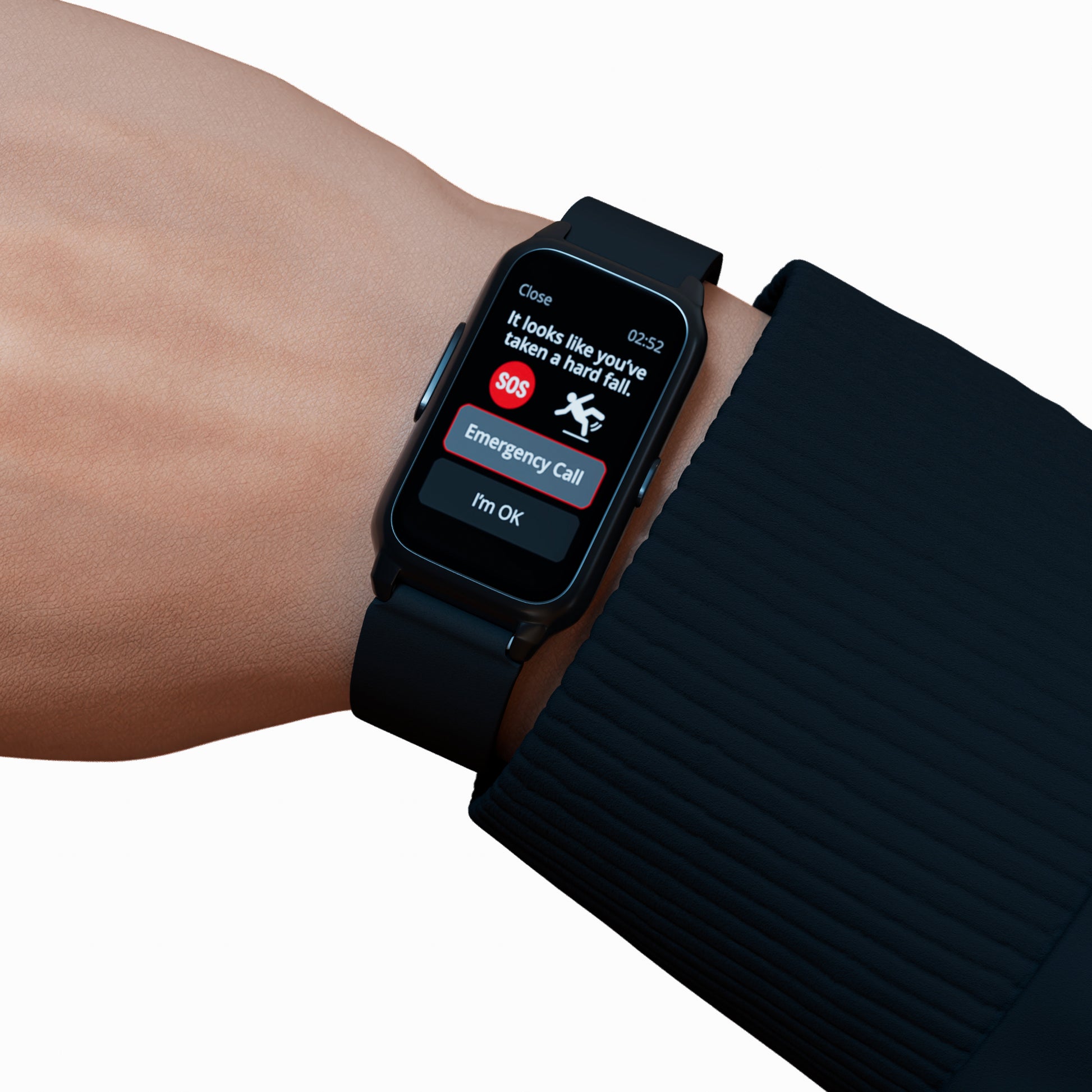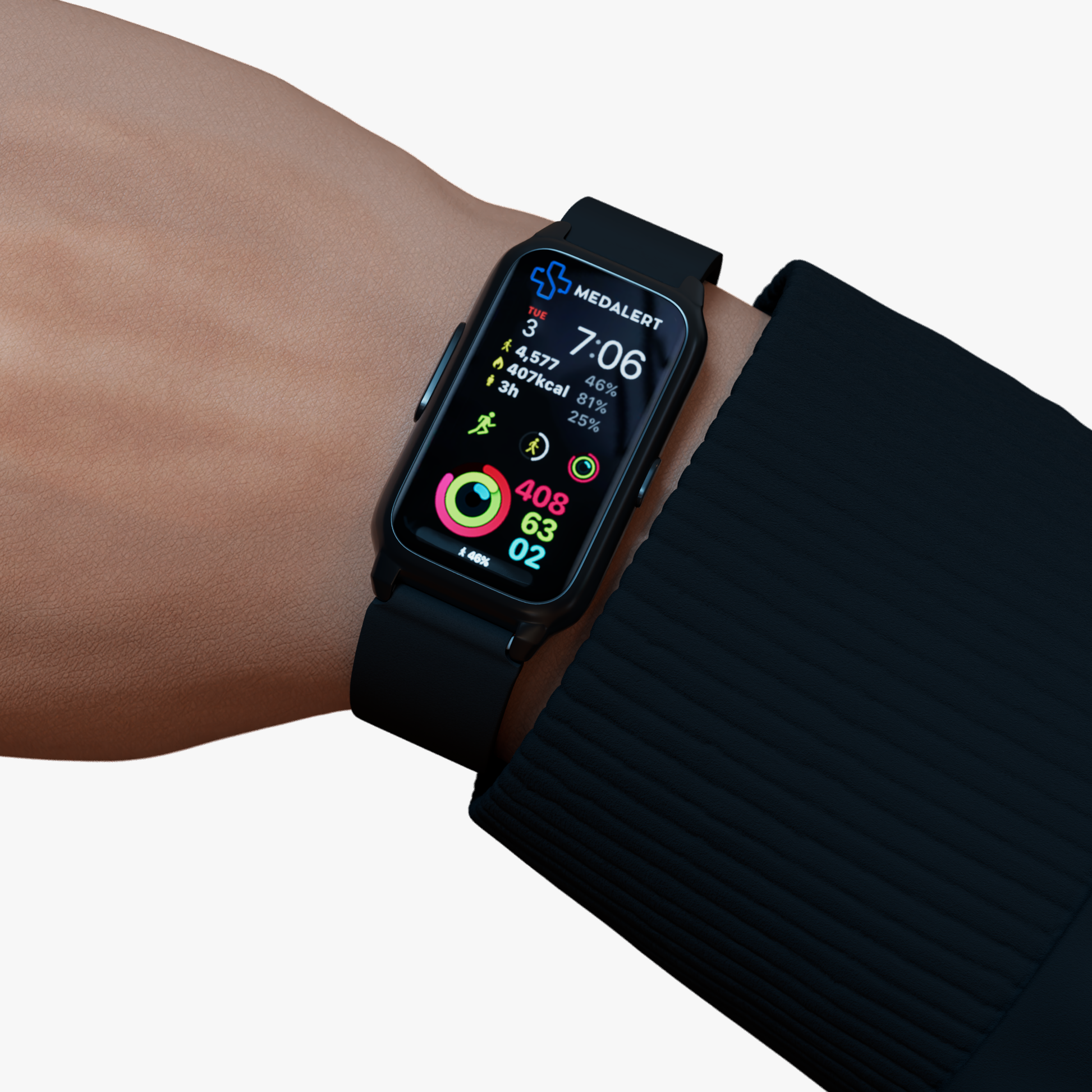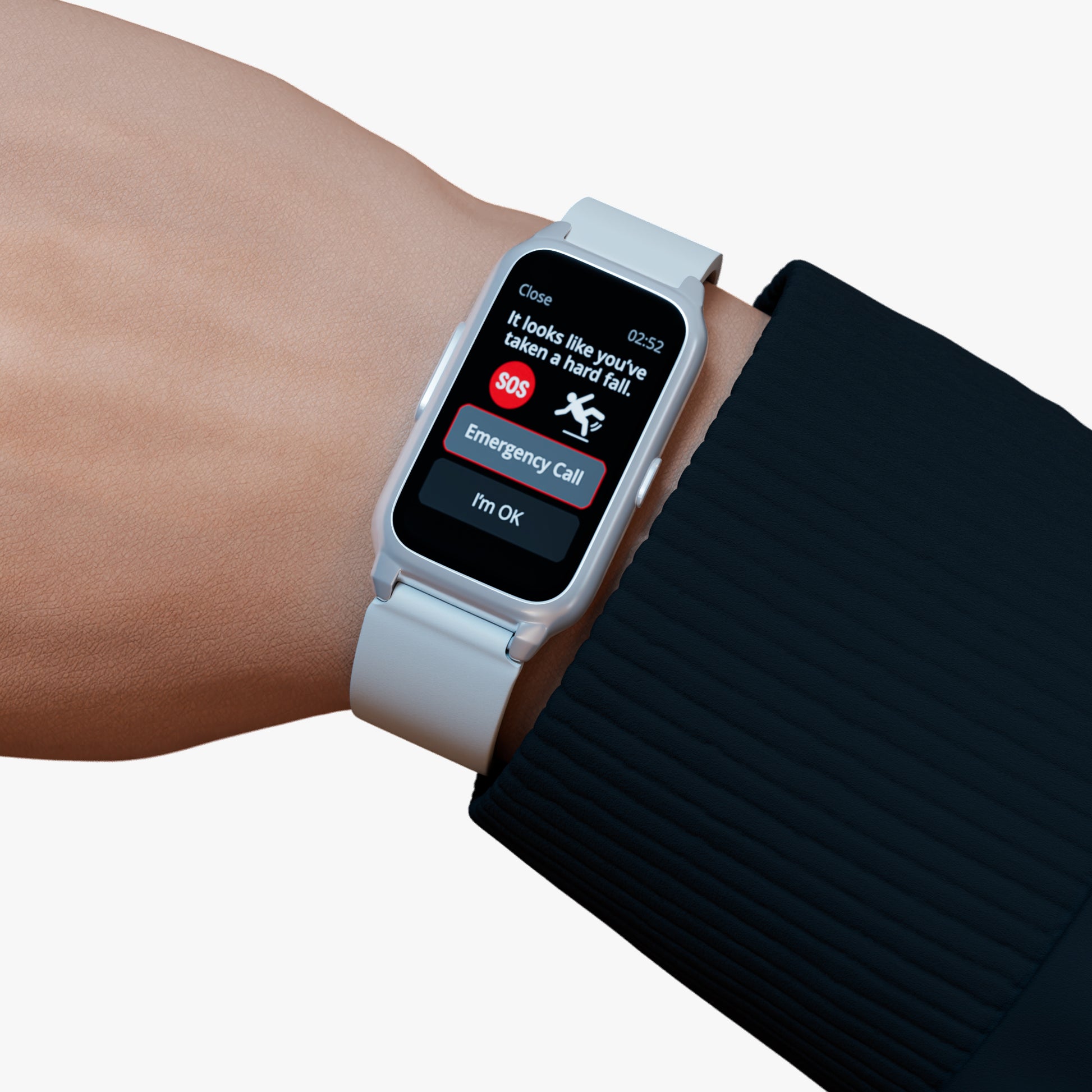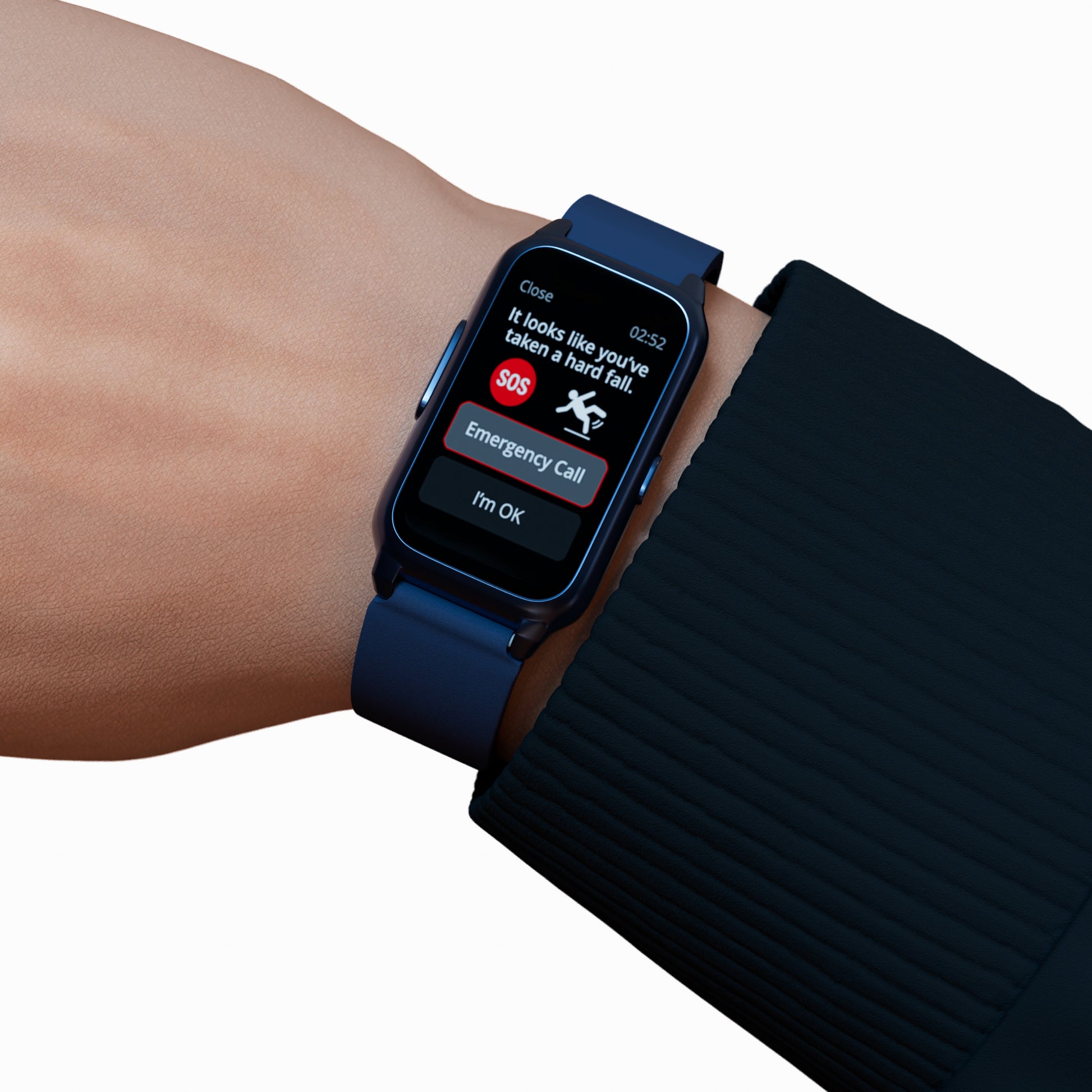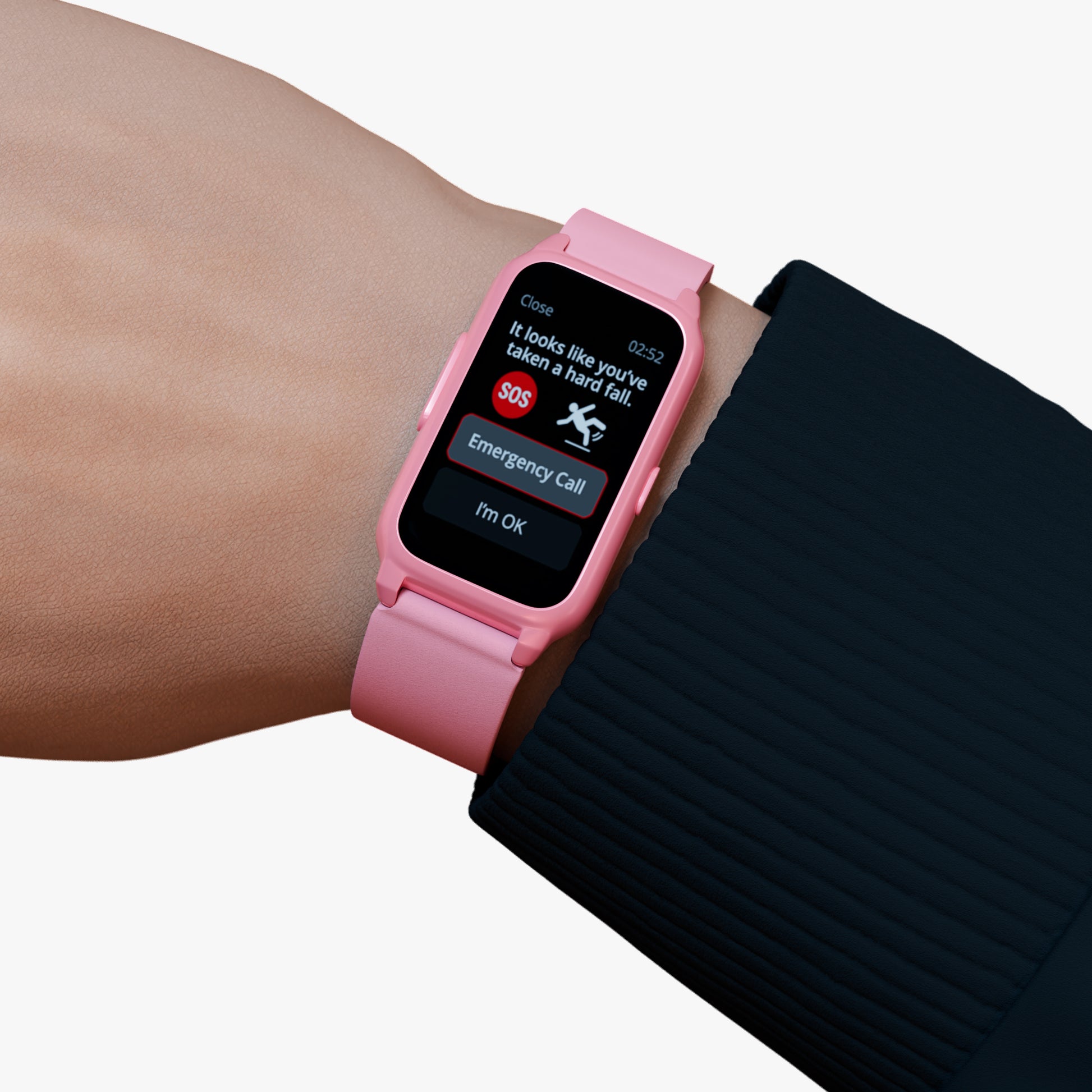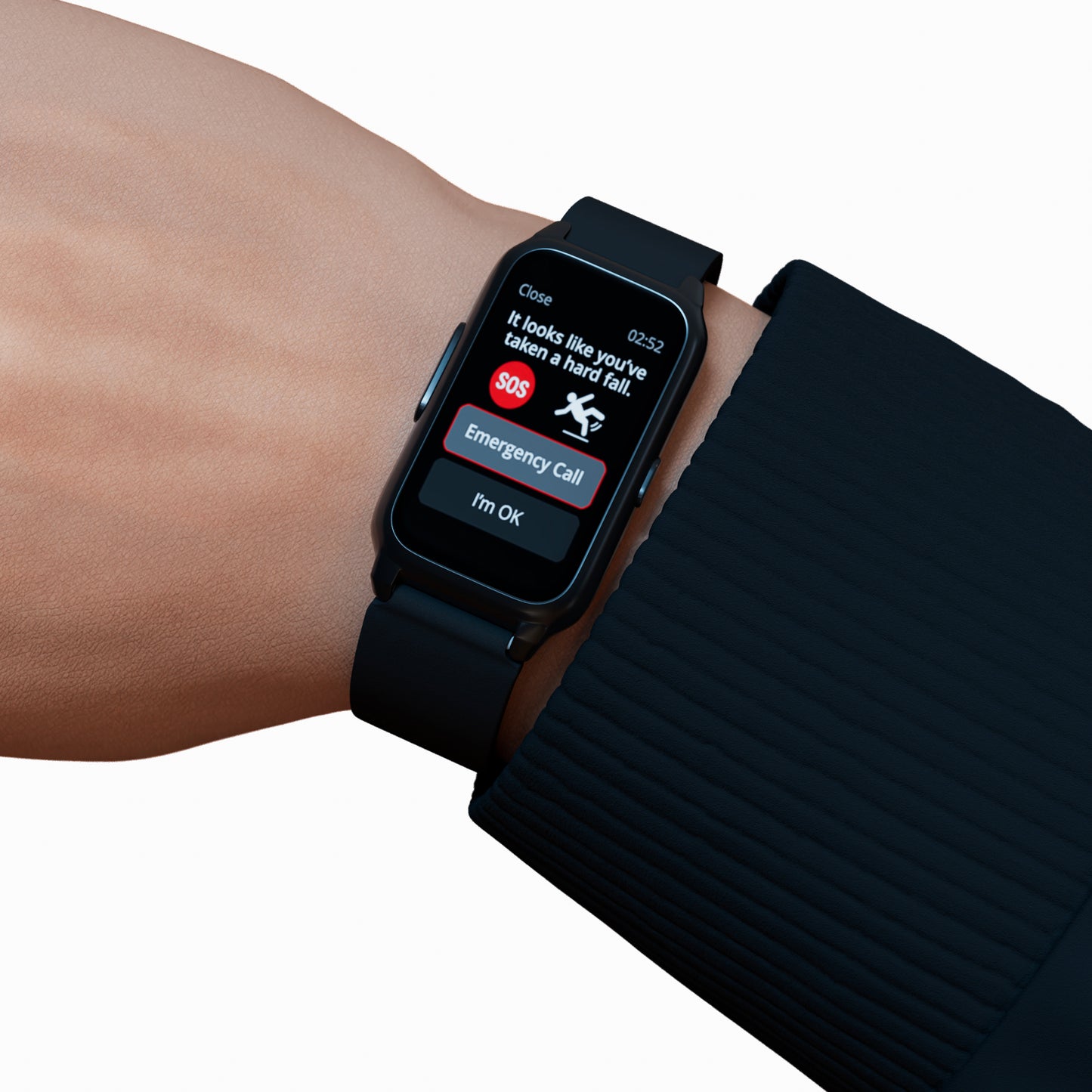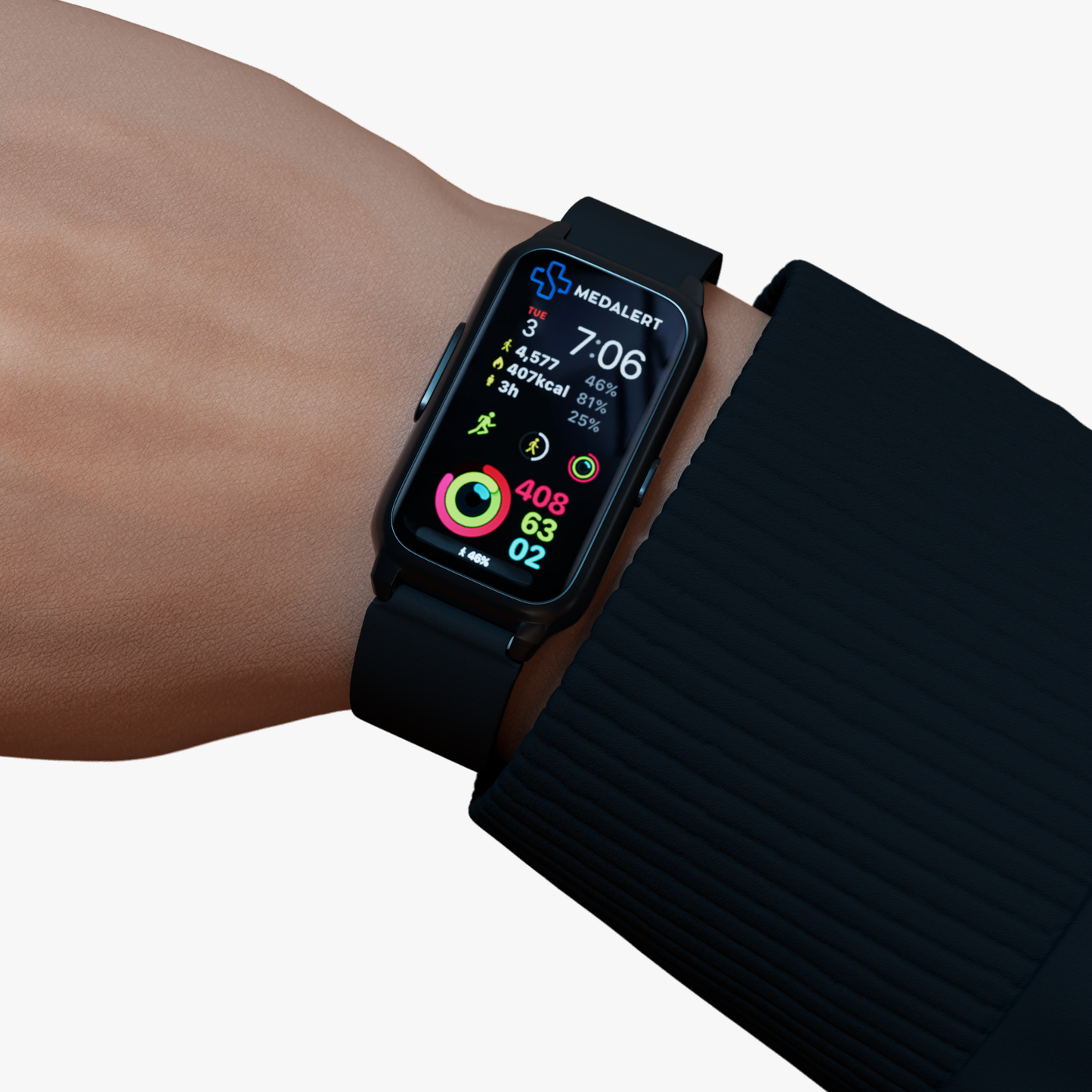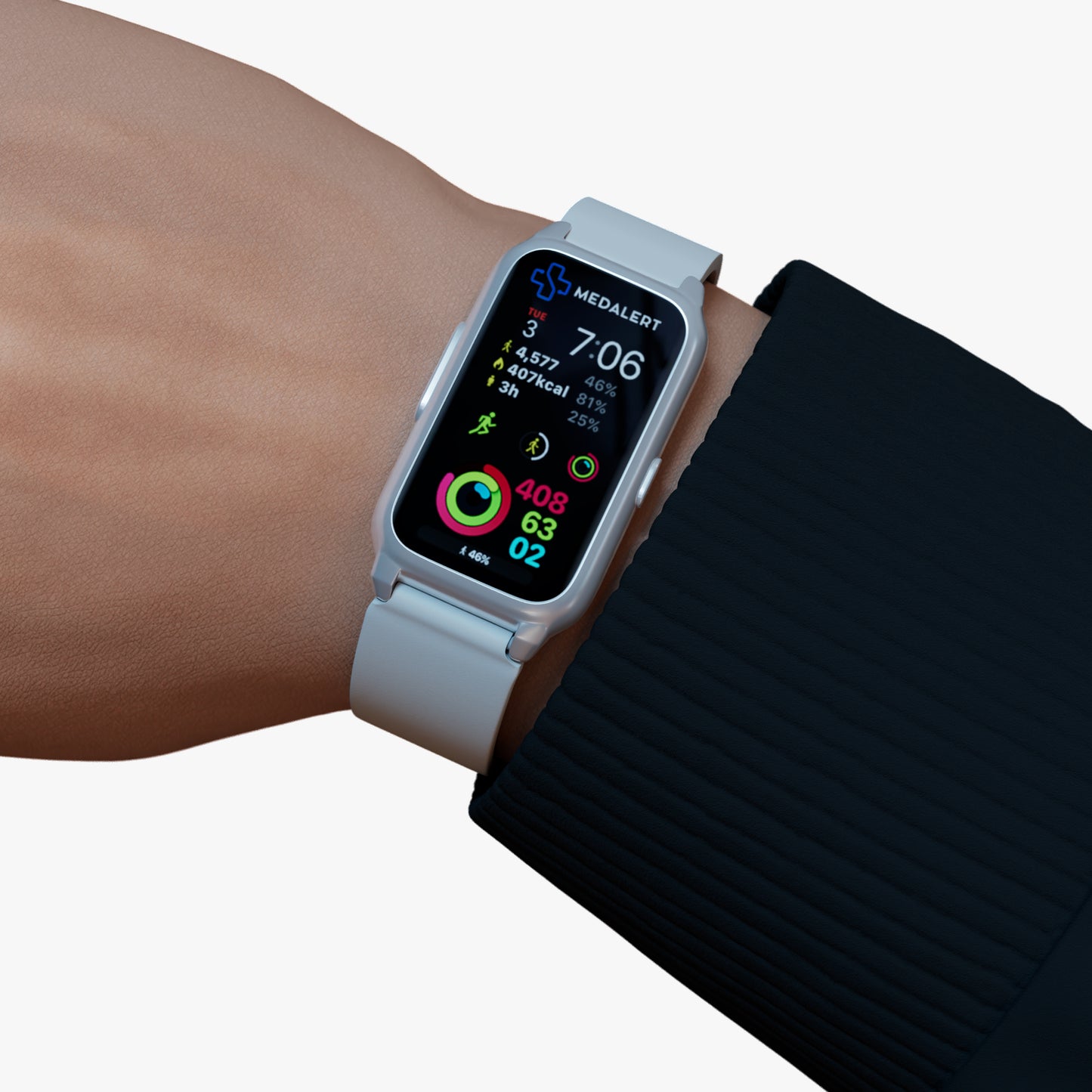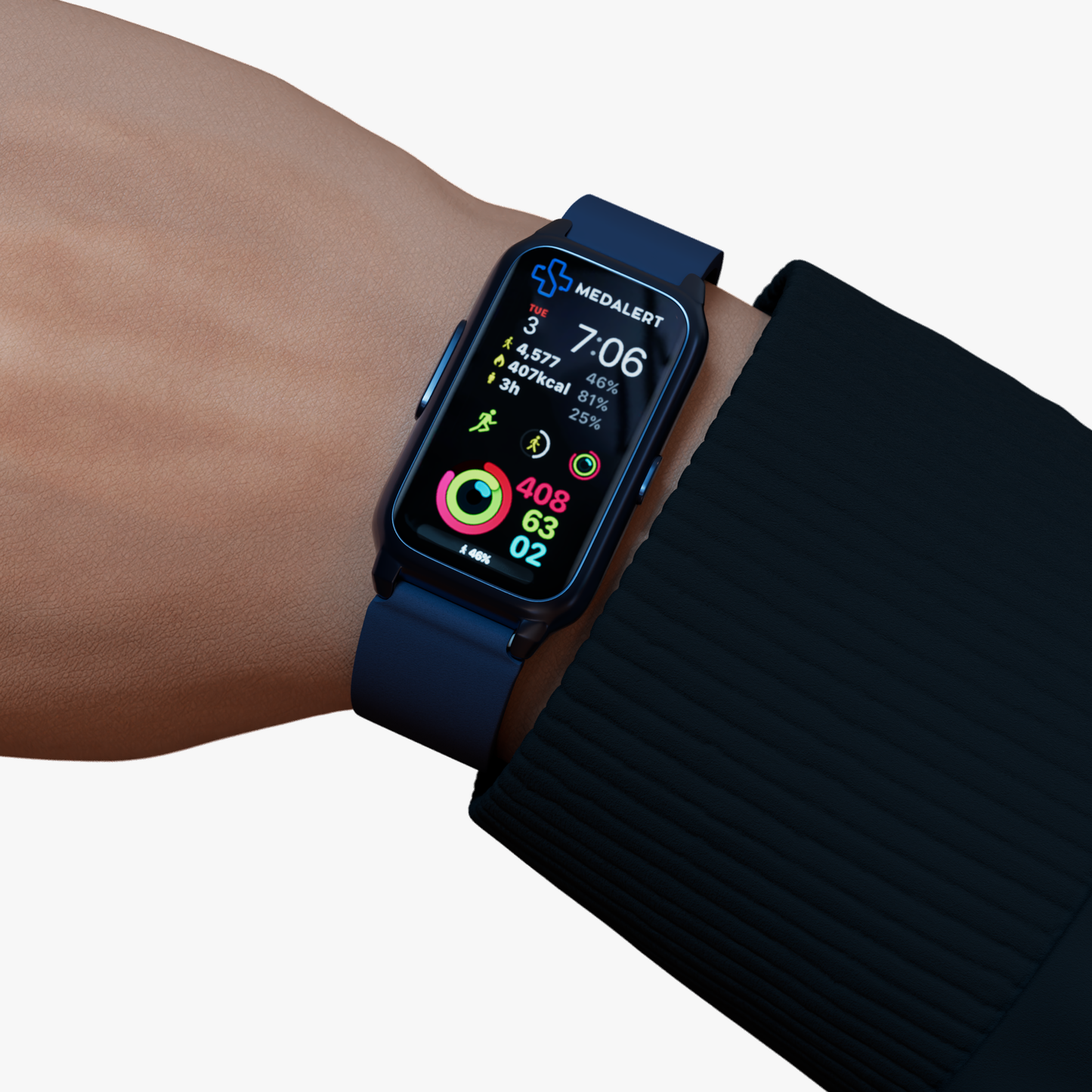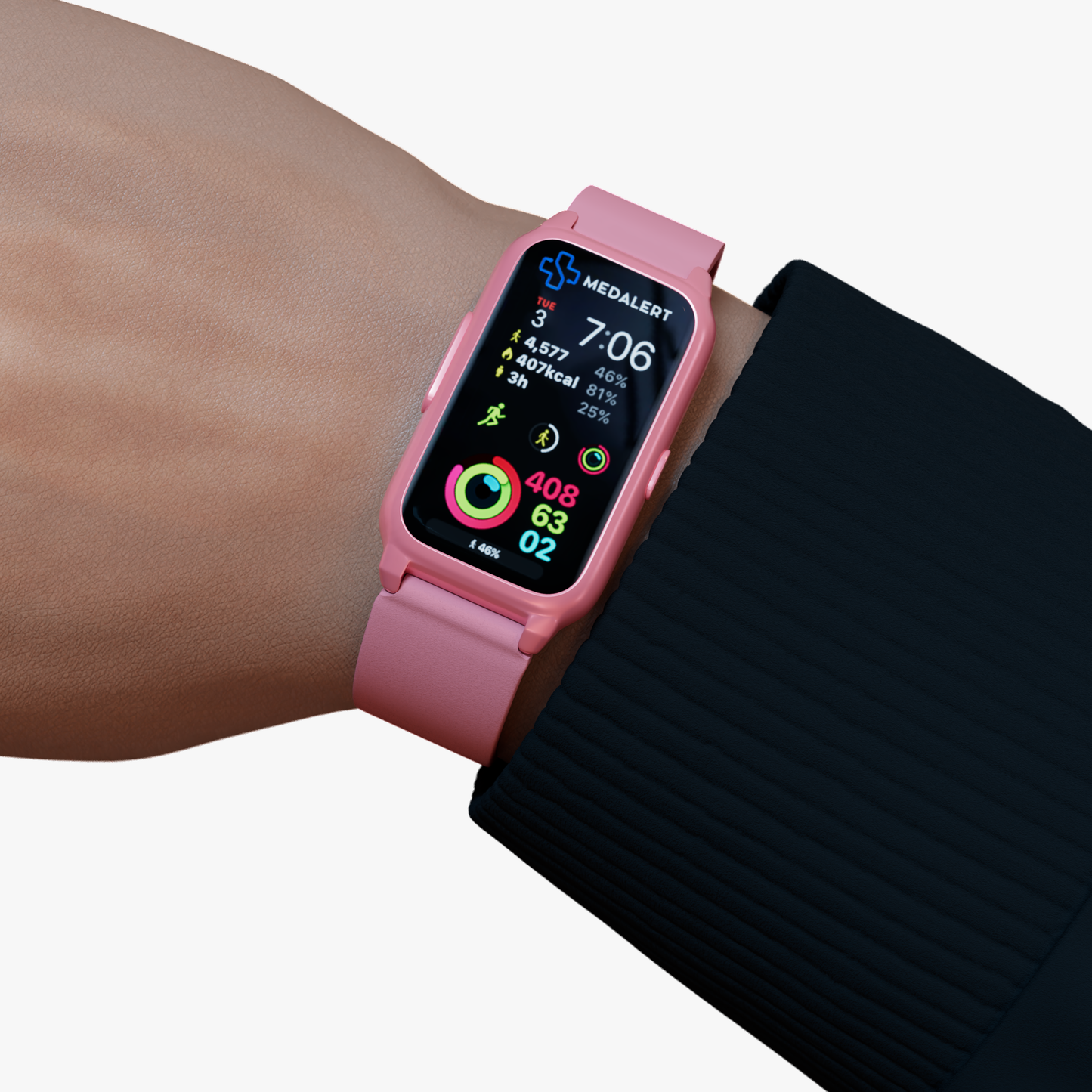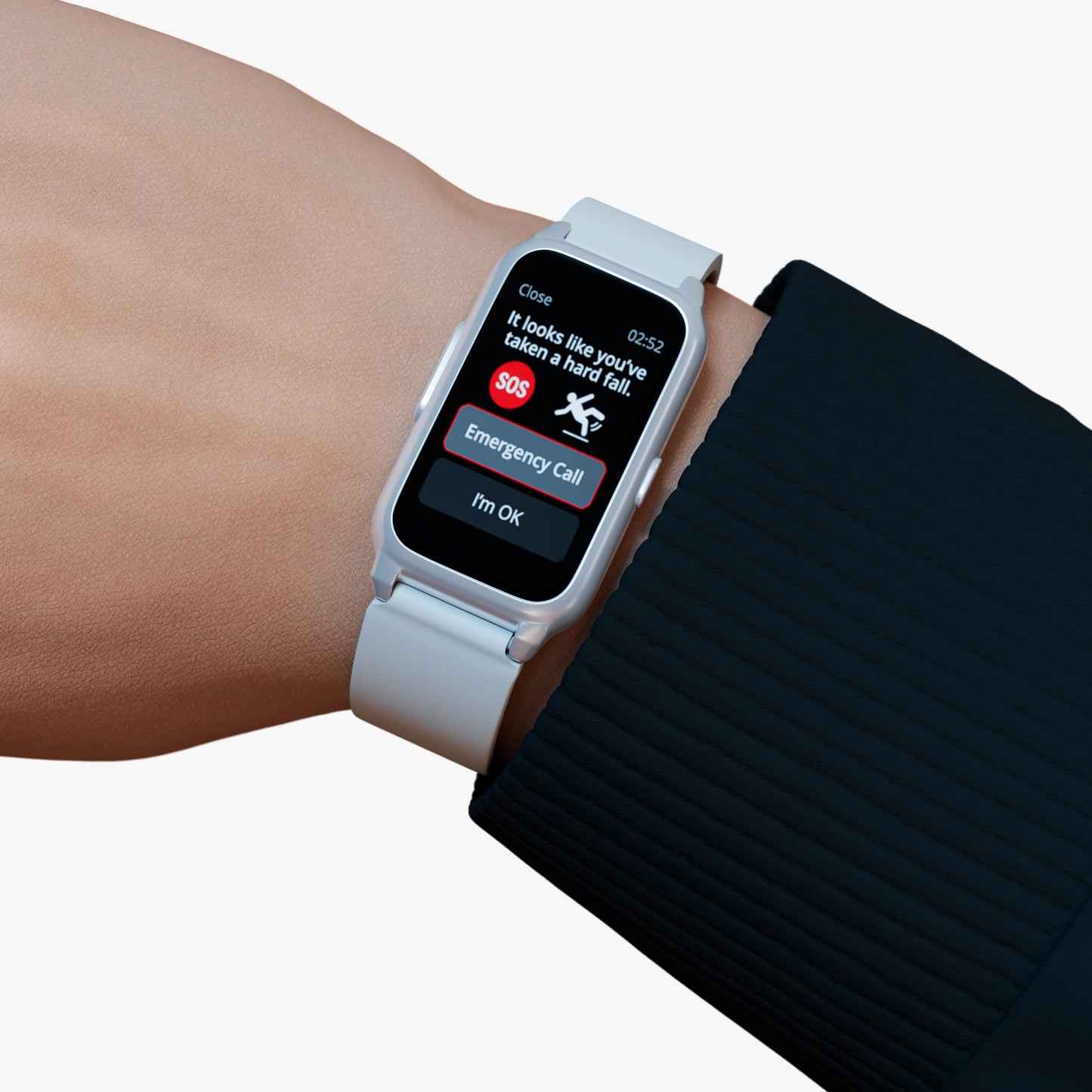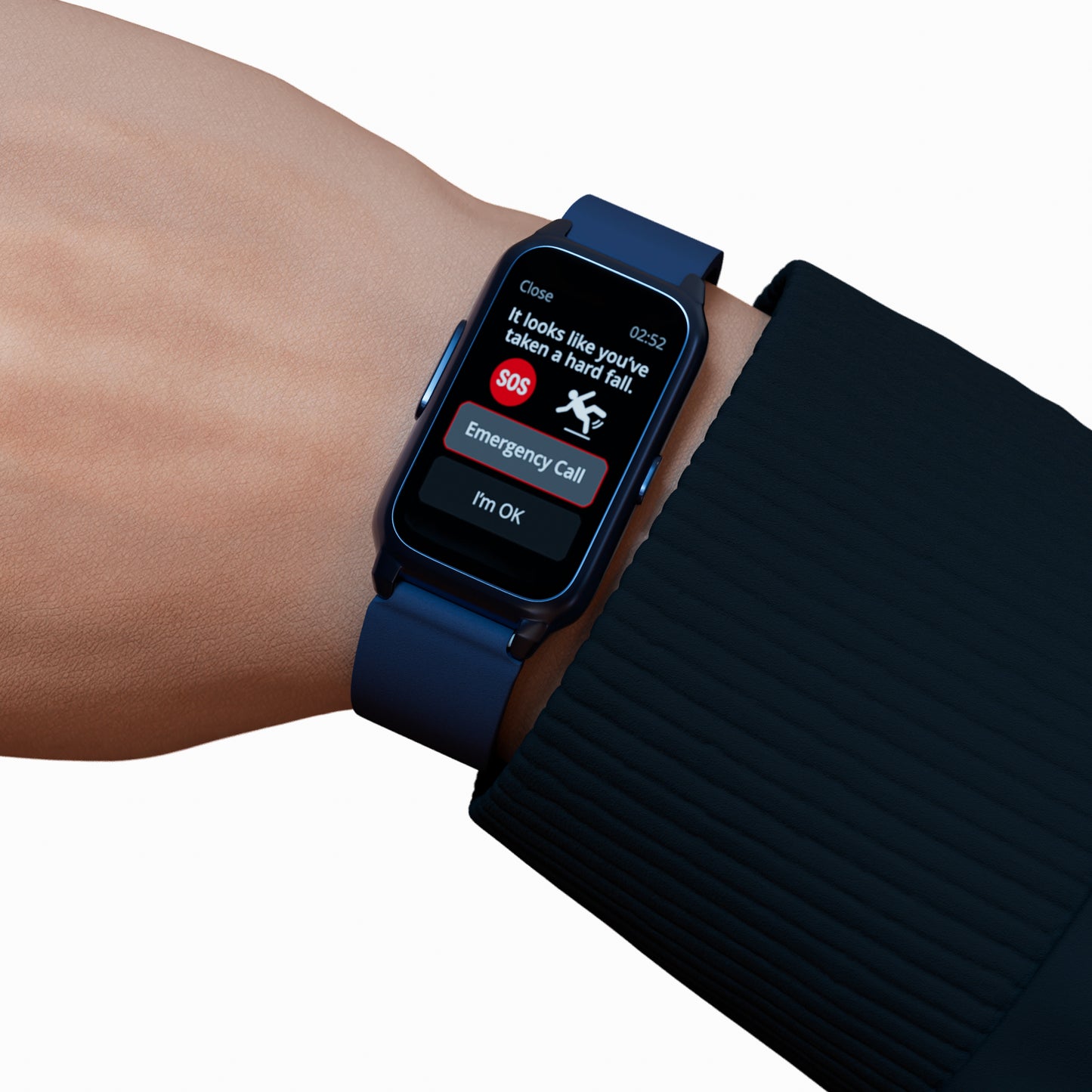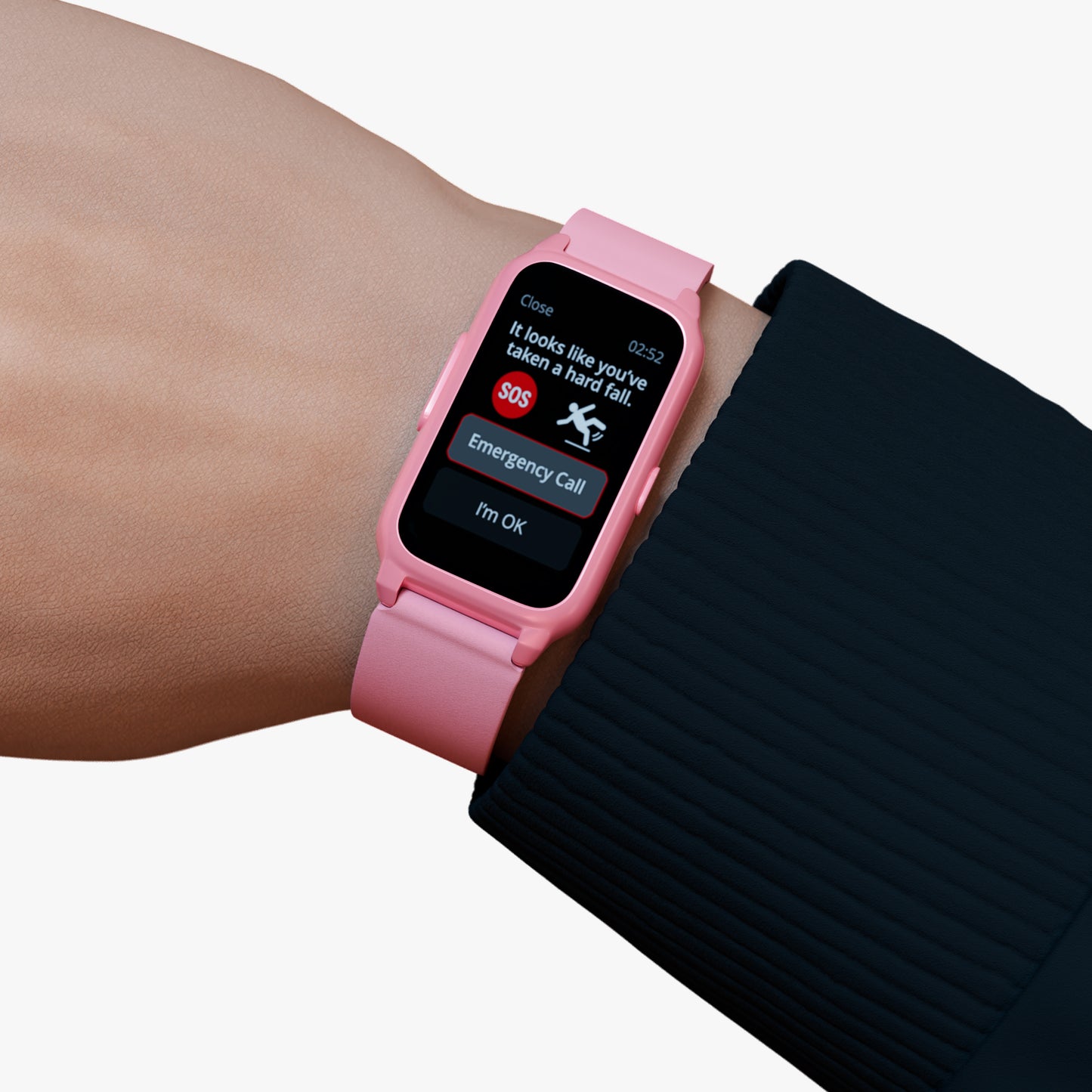Chronic illnesses like heart disease, diabetes, and epilepsy need regular management and monitoring. This often puts a heavy burden on people to stay alert about their health.
Medical alert watches are helpful tools for people with chronic conditions. They provide real-time health monitoring and emergency assistance. These features can make daily life safer and easier to manage.
These devices combine traditional medical alert systems with advanced health tracking features. They offer a complete solution for people who want to stay independent. At the same time, they ensure immediate help is available in emergencies.
In this article, we will explore how medical alert watches assist individuals with chronic illnesses, improving quality of life and promoting better health outcomes.
1. Continuous Health Monitoring
One of the primary benefits of medical alert watches is their ability to continuously monitor vital health metrics, providing real-time data that can help individuals manage chronic conditions effectively.
For Heart Disease:
For individuals living with heart disease, monitoring heart rate and detecting irregularities such as arrhythmias or elevated heart rates can be life-saving. Many medical alert watches are equipped with heart rate sensors that track changes throughout the day and alert the wearer or their caregivers if the heart rate falls outside of a normal range.
- Early Warning: Detecting abnormal heart activity early on allows individuals to seek medical attention before a problem escalates into an emergency.
- Personalized Insights: Heart rate data can be logged and shared with healthcare providers, enabling more personalized care and informed treatment decisions.
For Diabetes:
Diabetics often need to monitor their physical activity and, in some cases, their blood glucose levels. Medical alert watches designed for diabetic management can provide reminders for medication, food intake, or glucose checks, helping to prevent dangerous drops or spikes in blood sugar levels.
- Activity Tracking: Watches with built-in pedometers or step counters encourage individuals to stay active, which is crucial for blood sugar management in Type 2 diabetes.
- Reminders: Set reminders for insulin administration or glucose monitoring, ensuring the individual stays on top of their health routine.
For Epilepsy:
Individuals with epilepsy may experience seizures without warning, but some medical alert watches can detect sudden movements or inactivity that may indicate a seizure, automatically sending an alert to emergency contacts or caregivers.
- Seizure Detection: Advanced motion sensors in some medical alert watches can recognize the onset of seizures and immediately call for help, offering peace of mind for both patients and their families.
- Location Tracking: GPS-enabled medical alert watches can help locate an individual during a seizure episode, especially if they are alone or in unfamiliar surroundings.
2. Emergency Assistance at the Press of a Button
In chronic illness management, timely intervention during a health emergency is crucial. Medical alert watches feature an emergency button that allows users to call for help immediately, even if they are unable to reach a phone.
- Instant Connection to Help: In case of a heart attack, diabetic crisis, or seizure, individuals can press the emergency button on their watch to alert medical services or emergency contacts. The device can also provide real-time location information to responders through GPS.
- Fall Detection: Many chronic conditions increase the risk of falls. Medical alert watches with fall detection sensors can automatically trigger an alert if a fall is detected, even if the individual is unable to press the emergency button themselves.
This quick access to emergency services ensures that individuals receive timely help, potentially saving lives during critical moments.
3. Medication Reminders
Proper medication adherence is a major concern for individuals managing chronic illnesses. Forgetting to take medication can lead to complications, worsening symptoms, or emergency situations. Medical alert watches can be programmed to remind users to take their medication at specific times, helping to improve medication compliance.
- Personalized Alerts: Users can set personalized alerts for each medication they take, ensuring they never miss a dose.
- Avoiding Health Risks: Consistent medication adherence reduces the risk of complications or sudden health deterioration associated with chronic conditions.
4. Peace of Mind for Caregivers
Caring for someone with a chronic illness is demanding, and it’s not always possible for caregivers to be physically present at all times. Medical alert watches provide peace of mind for caregivers by allowing them to remotely monitor the individual’s health and receive alerts if something goes wrong.
- Remote Monitoring: Many watches are connected to smartphone apps that allow caregivers to track vital signs, medication schedules, and location from a distance.
- Immediate Notifications: If an individual experiences a fall, heart irregularity, or seizure, caregivers receive immediate notifications, allowing them to react quickly and provide the necessary assistance.
This remote monitoring feature helps reduce the stress and anxiety often associated with caregiving, while also promoting independence for the individual wearing the device.
5. Encouraging Active and Independent Living
While chronic illnesses require ongoing management, it is important for individuals to maintain an active and independent lifestyle. Medical alert watches support this by providing safety nets that allow users to go about their daily lives with confidence.
- Step Counting and Activity Goals: Regular physical activity is beneficial for managing conditions such as diabetes and heart disease. Medical alert watches that track steps and set activity goals encourage users to stay active, which can improve overall health.
- Independence with Safety: For individuals with conditions that put them at risk of sudden health events, medical alert watches offer the reassurance that they can seek help quickly if needed, without having to rely on others for constant supervision.
6. Data Logging for Better Health Management
The ability to log and track health data over time is another advantage of using medical alert watches. The data collected by these devices can be invaluable for both individuals and their healthcare providers, offering insights into health trends, potential triggers, and overall well-being.
- Tracking Health Metrics: Wearers can monitor how their heart rate, activity levels, or glucose levels fluctuate throughout the day, identifying patterns that could inform future treatment.
- Sharing Data with Doctors: Medical alert watches allow users to share health data with their healthcare providers, helping doctors make more informed decisions about medication adjustments or other interventions.
This data-driven approach to chronic illness management enables better long-term health outcomes and more tailored treatment plans.
Conclusion
For individuals living with chronic illnesses, managing health can be challenging, but medical alert watches, such as those from MedAlert, offer an innovative solution that simplifies daily monitoring and ensures rapid emergency response when needed. Whether through continuous heart rate monitoring, seizure detection, medication reminders, or emergency alert features, these watches provide invaluable support to those managing heart disease, diabetes, epilepsy, and other chronic conditions. By enhancing safety and providing essential data, MedAlert empowers individuals to live more independently, giving both users and their caregivers greater peace of mind.


